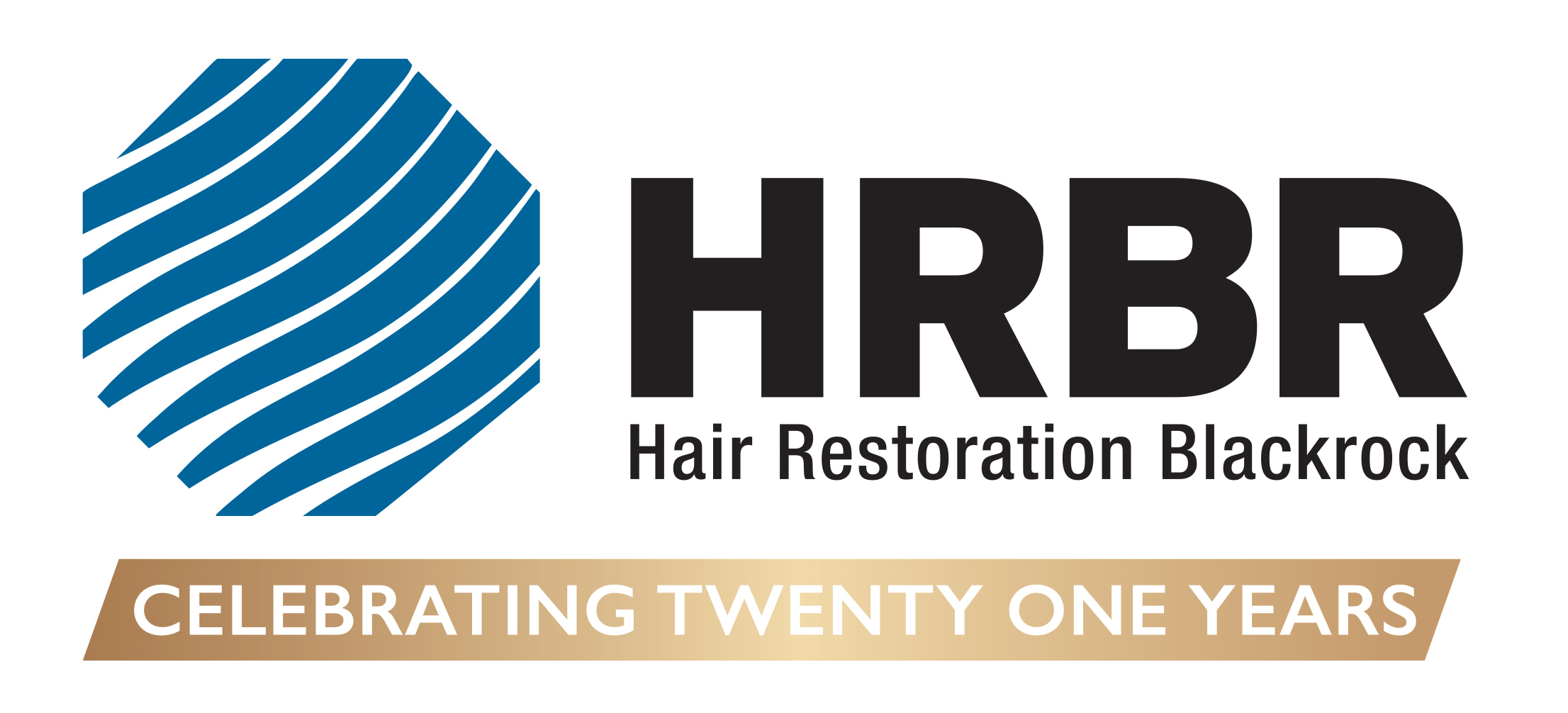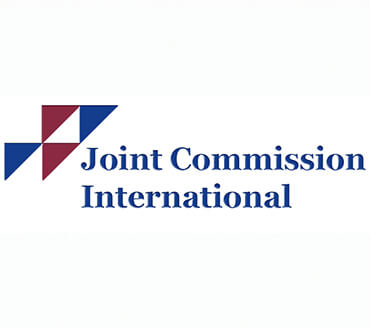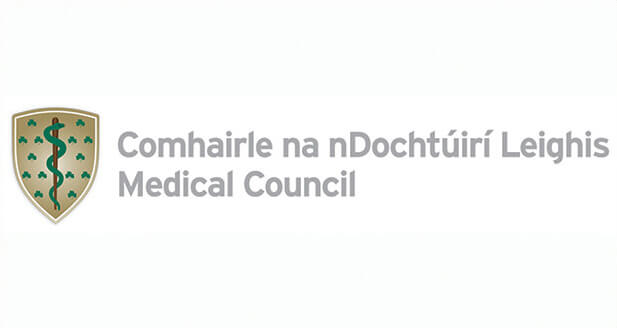Hair Transplant Forum International – P.113
May / June 2012
Role of Administration function in the hair transplant surgery process
HRBR Clinic Manager
Click here to view the article in Hair Transplant Forum International >>
The decision to contact a clinic to book an appointment and to speak with someone who can give advice on the hair loss process and its remedies can be one of the most difficult decisions a prospective patient has to make.
The press works hard to present the razzmatazz and results of hair transplant surgery. The results, both good and bad, serve to wrap the process in an air of mystery and myth and are often perceived to be for the rich, famous and vain. The Internet provides constant access to lotions, potions, and notions that can confuse and often distress anyone looking for a remedy for their personal hair loss. The societal clamour for the elixir of youth in cosmetic surgery adds to the mounting pressure on the individual’s self-esteem, self-efficacy, and self-image.
An individual’s self-esteem is intertwined with an appraisal and opinion of one’s self-image, is key to a positive outlook in life, and impacts one’s interrelationship with other people. Self-image is the formation of body image that plays a determining role in the start of presenting one’s self to others. Self-efficacy, which is also intertwined with self image and self esteem, is”an individual’s beliefs about their capabilities to produce effects.”
“No one can make you feel inferior without your consent,” said Eleanor Roosevelt, yet self-esteem and a positive self-image can help to refuse giving consent!
Thus, the physician and the supporting staff provide a vital and important service in their communication with the prospective patient by offering 1) empathy from first contact; 2) a belief in the product (surgical, medical and psychological); 3) a clear, concise understanding of the process (from appointment to surgery); and 4) a patient-centred approach.
The primary role of the Administrative Function in a hair loss clinic is to ensure that the initial and subsequent contact with the prospective patient effectively communicates the message and ethos of the clinic in a caring and consistent manner based upon these principles.
For example, a key aspect of the role of the surgery manager at our clinic is to act and communicate as the “Patient’s Champion.” Once a patient has scheduled surgery, this vital function aims to treat each patient with dignity, respect, and confidentiality, while providing a personal access point for each individual patient on his or her journey through surgery and subsequent post-operative care.
Our clinic manager’s role is to convey the clinic’s image of flexibility and full understanding of the prospective patient’s needs in order to book a consultation appointment. Effective management of the clinic’s diary and efficient use of the surgeon’s time allows the patient access to the surgeon at a mutually suitable time. Ensuring the privacy of patient files, maintenance of records and accounts, and even counselling are additional functions done by the supporting administration.
An optimal list of services might include:
- An hour long consultation with a qualified and experienced doctor
- Advice on hair loss, general health, and possible solutions (medical or surgical or psychological or medical referrals)
- Individual waiting rooms to safeguard personal privacy
- Personally scheduled appointments to prepare for follow-up, review, or surgery (if appropriate)
- Pre-operative health check (ECG, blood pressure, surgery design)
- A “full team” on surgery day (surgeons, nurses, technicians)
- Lifetime aftercare services, free of charge (covered by surgery fee)
- A confidant who will listen and represent the patient’s needs and concerns
- A repeat visits reminder (medical prescription and/or review or post-op visit)
These efforts in conveying a consistent, caring message are delivered to a patient base with diverse needs that can widely vary across the age groups, genders, and ethnic groups, from the archetypal man of 40+ with male pattern hair loss to the young man under 25 with hair loss to the young child with hair loss due to illness, birth defect, or violence, or to the older women of 60 suffering with hair thinning.
It is vitally important that empathy is established with each person from this diverse group from the onset. Such an empathic approach to the individual needs of the patient, both aesthetically and psychologically, communicates that subsequent treatment options would be tailored to their requirements.
Once empathy has been established through listening to the key components to the patient’s concerns, the role of the Administration Function is to convey the services of the clinic without a “hard sell” and to conclude the patient’s experience with the patient fully informed of the options available.










